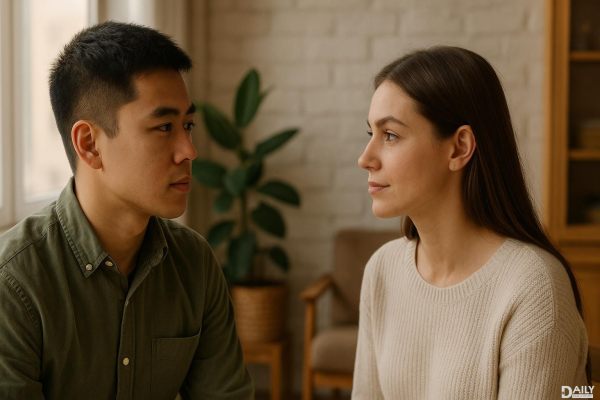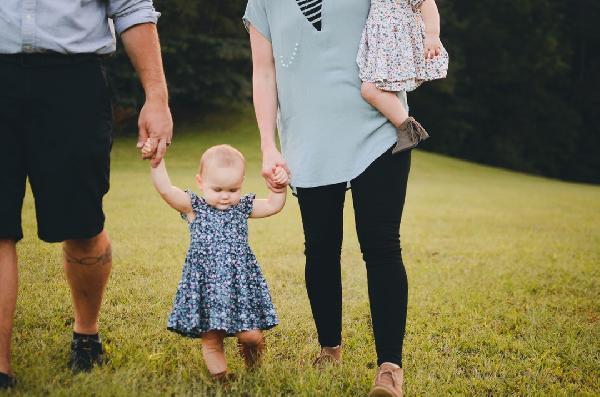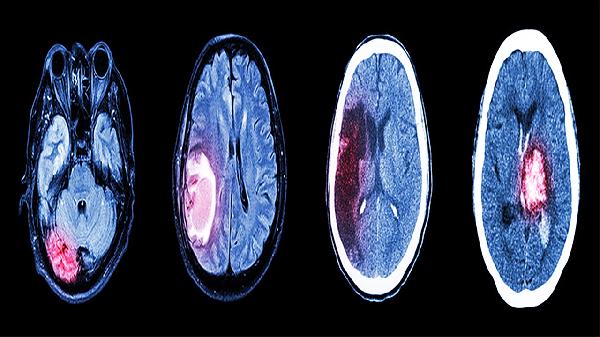Nancy Davis’s story is a gut-wrenching example of how abortion bans don’t just restrict medical care—they force women into impossible, traumatic situations with no clear path forward. When Louisiana denied her an abortion for a fetus with a fatal condition, she wasn’t just fighting for her own health—she became a reluctant advocate for countless others caught in the crossfire of politics and medicine. Her experience exposes the chilling reality of post-Roe America: even when the law claims to have exceptions, fear and confusion often override compassion.
The Broken Promises of "Exceptions"
Davis’s case highlights a brutal truth about abortion bans: so-called "exceptions" for medical emergencies or fatal fetal anomalies are often meaningless in practice. Louisiana’s law technically allows abortions if the pregnancy is "medically futile," but hospitals and doctors—terrified of legal repercussions—are interpreting these exceptions so narrowly that patients like Davis fall through the cracks. The result? Women are forced to carry nonviable pregnancies to term or flee their home states, adding financial strain and emotional whiplash to an already devastating situation. Davis’s doctor initially said the procedure was possible—until the hospital’s legal team got involved. That whiplash between hope and despair is a trauma in itself.
The Hidden Costs of Traveling for Care
When Davis was told Florida was her closest option, the real-world implications hit hard. Traveling for an abortion isn’t just about booking a flight—it’s about scrambling for childcare, taking unpaid time off work, and navigating unfamiliar healthcare systems while grieving. For low-income women, especially Black women like Davis who already face systemic barriers to care, these logistical hurdles can feel insurmountable. Davis was fortunate to have support, but many aren’t: a 2023 study found that abortion bans disproportionately force Black and Latina women to carry unwanted pregnancies to term, exacerbating maternal mortality rates that are already three times higher for Black women. The "just go to another state" argument crumbles under the weight of these disparities.
Why Silence Isn’t an Option
Davis could’ve retreated into privacy after her ordeal. Instead, she launched the Nancy Davis Foundation and organized the Voices For Change March, turning her pain into a platform. "This isn’t just about me," she says. "It’s about every woman who’s been told her life or health doesn’t matter as much as a political agenda." Her advocacy underscores a critical point: abortion bans don’t exist in a vacuum. They intersect with racism, classism, and a healthcare system that too often dismisses women’s pain—especially Black women’s pain. By speaking out, Davis challenges the stereotype of the "acceptable" abortion patient (think: white, affluent, sympathetic). Her story forces people to confront the messy, complicated realities these laws ignore.
The Legal Gray Zone Doctors Fear
The hospital’s refusal to act—despite the fetus’s fatal diagnosis—reveals how abortion bans create a culture of medical paralysis. Doctors aren’t just weighing ethics; they’re deciphering vague laws under threat of lawsuits, lost licenses, or even criminal charges. In Texas, for example, physicians report delaying care until patients are "sick enough" to qualify as emergencies. Davis’s case shows how this hesitation isn’t theoretical: it leaves patients in limbo, begging for care that should be routine. "They wished us well?" she recalls bitterly. "How is that healthcare?" This isn’t pro-life; it’s pro-chaos.
The Ripple Effect on Families
Davis’s three children—including her 2-year-old—were part of her decision. "How do I explain to my kids that Mommy’s carrying a baby who won’t survive?" she asks. Abortion bans frame these decisions as selfish, but Davis’s story flips that narrative: continuing the pregnancy would’ve meant subjecting her family to months of anticipatory grief, medical risks, and financial strain. For women raising kids already, these laws punish entire households. The mental health toll is staggering: studies link denied abortions to higher rates of anxiety, poverty, and domestic violence. Davis’s march isn’t just about rights; it’s about refusing to let politicians dictate how families navigate impossible choices.
Nancy Davis’s fight didn’t end in Florida. It ignited a movement. As she prepares to march in Baton Rouge, her message cuts through the noise: abortion bans aren’t about saving lives—they’re about controlling them. And when the system fails, women like Davis will keep showing up, demanding that their voices—and their pain—be heard.
























